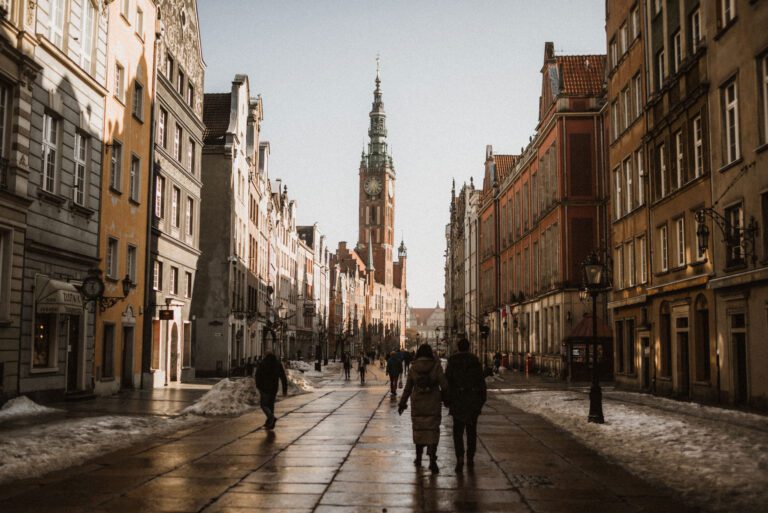Poland
Our hope and prayer is that a new generation of leaders would rise up.
Brief History
Poland, a former Eastern Bloc country, has had a tragic history. It has known wars, holocausts, and even 120 years where the people had no land to call their own. During this time, the Catholic Church provided unity and identity for the people. At one time, 97% of Poles claimed membership in the Catholic Church and a powerful allegiance to their own Polish pope, Pope John Paul II. Since the fall of Communism in 1989, Poland’s economy has advanced rapidly, welcoming in Western business cooperatives. This has led to a new level of commercialization, as well as a new set of values.
Spiritual Demographics
The population of Poland is approximately 38 million. This number, however, is constantly fluctuating. Poland joined the European Union in 2004, and since then, 2-3 million Poles frequently travel abroad to work. Attendance in the Catholic Church since 1989 has been decreasing, by as much as 25%. Poland’s evangelical population has grown slightly, but is still very small; all of Poland‘s 40,000 professing evangelical believers (approximately 1 out of 1,000) would fit into a large sports stadium. Denominations like the Brethren Assemblies, the Baptist Union, the Pentecostal Church, and the Evangelical Free Church are viewed by most Poles as cults.
Ministry Outlook
Today‘s young Poles live in a world their parents never imagined. At any high school or university, it is clear that the God and traditions of their parents have little relevance to the daily realities faced by Polish youth. In order to reach these unsaved young people with a relevant gospel and grow them in their faith, we run evangelistic English, music and sports camps, sports leagues, weekend retreats, and EXIT Tour prevention programs in schools. We also train and mentor the main leaders of youth groups and their staff at events such as youth leader conferences and ministry team trainings. To better facilitate these activities, we purchased and run a 17.5-acre facility in southern Poland called h2o, which serves as a training, camp, and conference center.

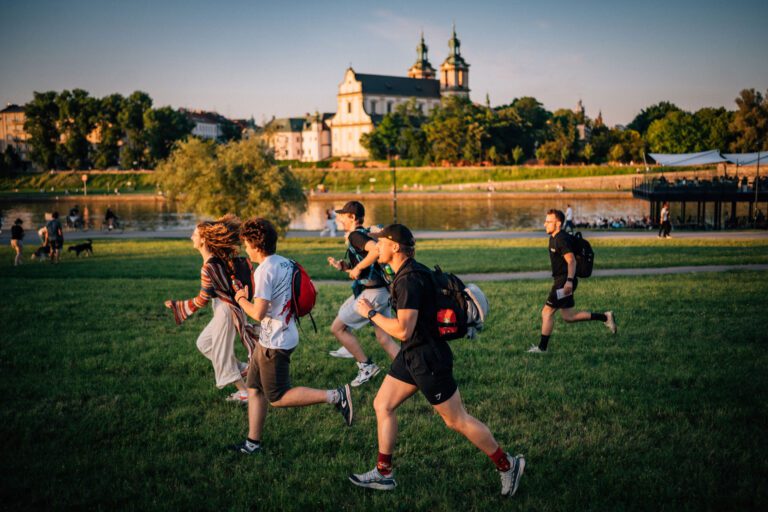
Meet the Missionaries
Poland
Ministry Projects
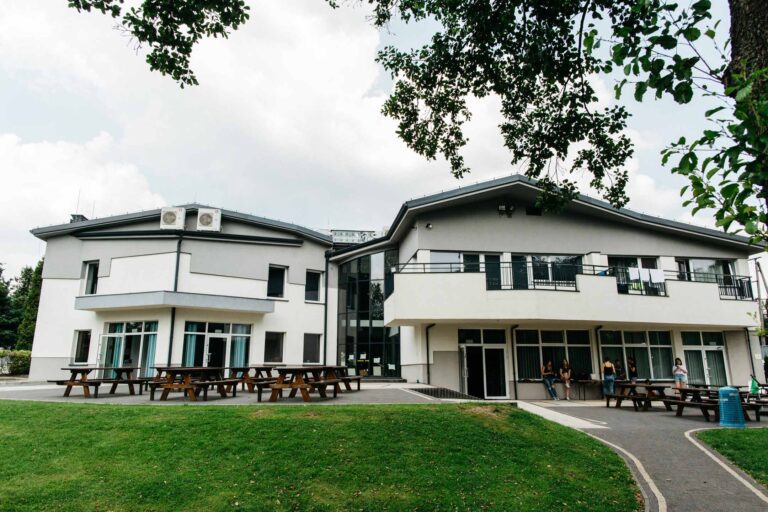
Camp & Conference Center h2o

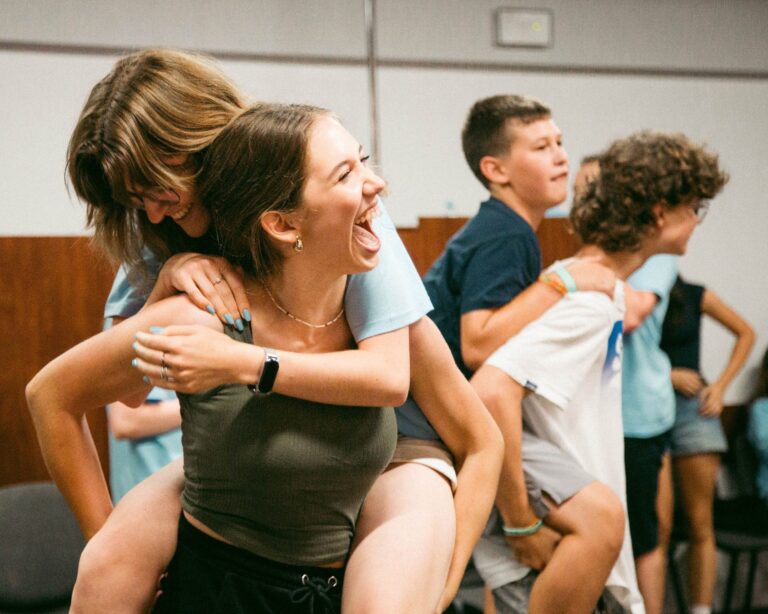
Camps – Poland

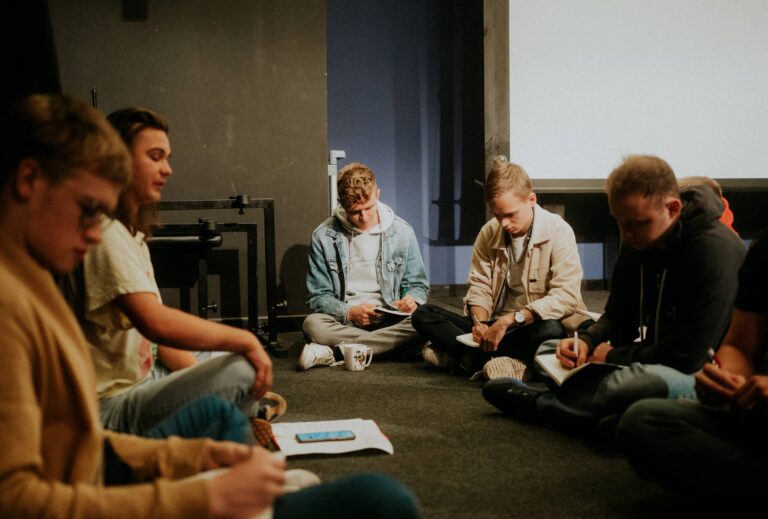
El Dorado: Empowering Polish Emerging Leaders


Fala General Fund

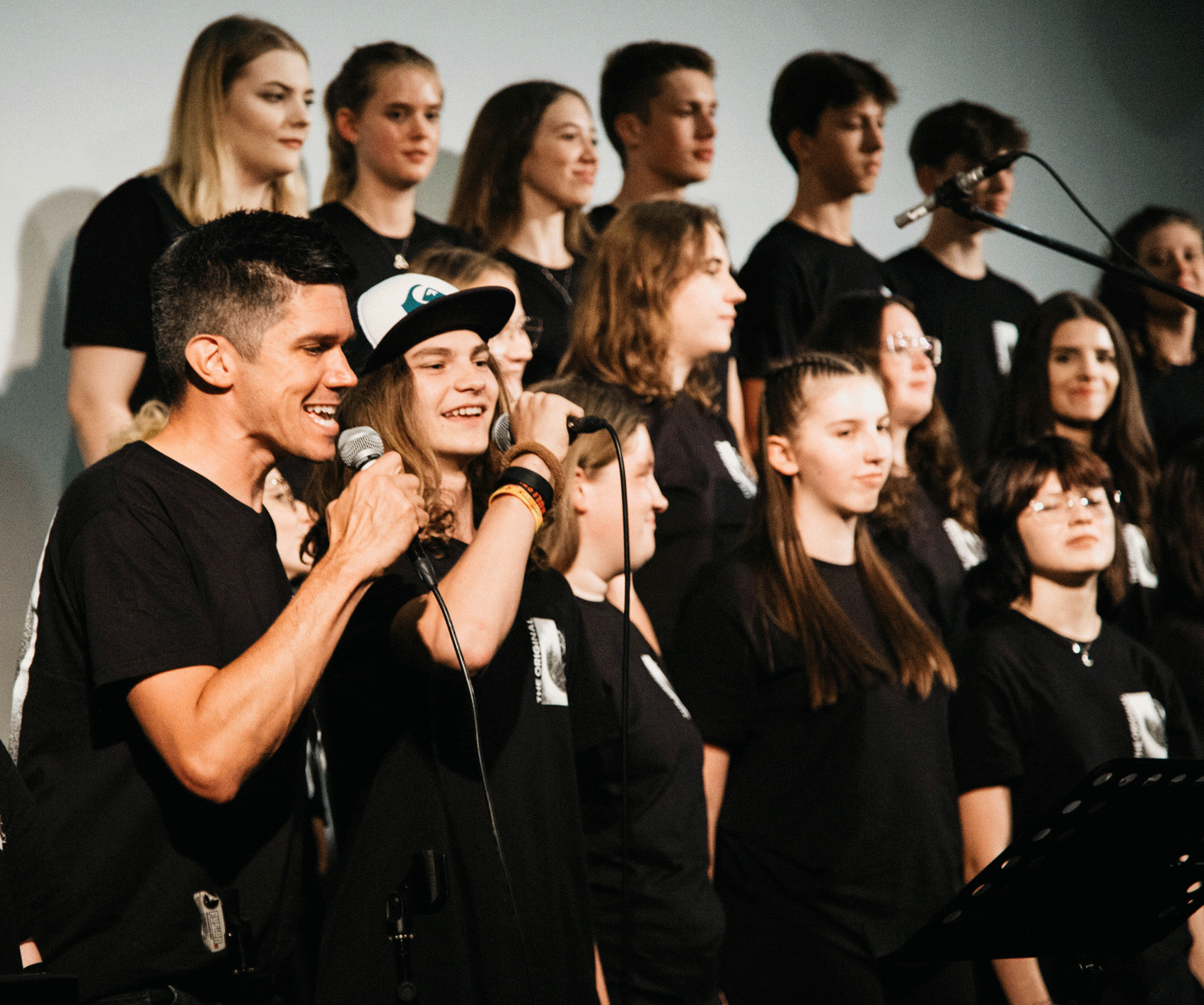
Fusion Music Outreach – Poland

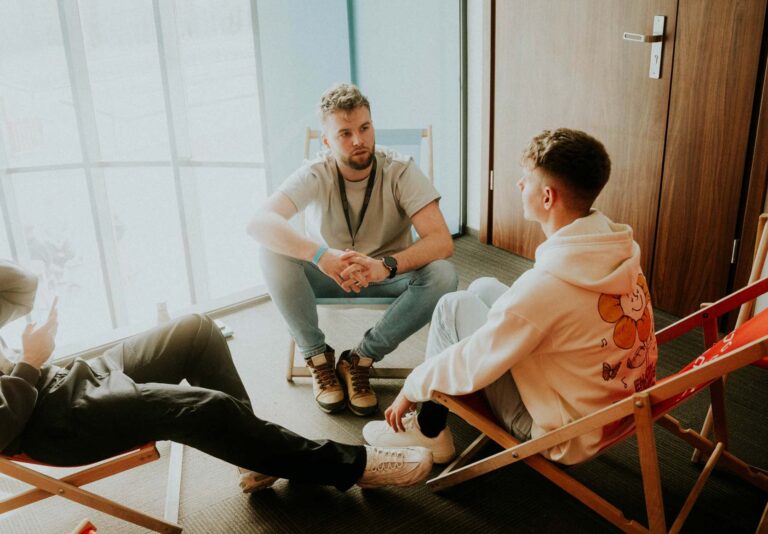
Plan A: Discipleship Deepened

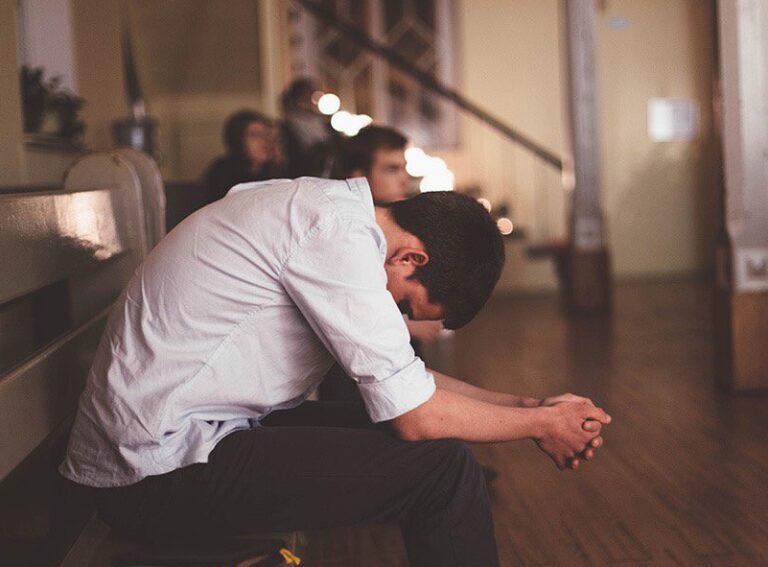
Projekt 29:11 – Healing the brokenness of the young generation


Camp & Conference Center h2o


Camps – Poland


El Dorado: Empowering Polish Emerging Leaders


Fala General Fund


Fusion Music Outreach – Poland


Plan A: Discipleship Deepened


Projekt 29:11 – Healing the brokenness of the young generation


Camp & Conference Center h2o


Camps – Poland


El Dorado: Empowering Polish Emerging Leaders


Fala General Fund


Fusion Music Outreach – Poland


Plan A: Discipleship Deepened


Projekt 29:11 – Healing the brokenness of the young generation

Related Posts

Evangelism
The Fog is Lifting
The fog was relentless. It engulfed the city, delaying flights, forcing reroutes, and leaving hundreds stranded. One plane circled Kraków Airport 27 times before finally diverting–an unofficial record. This was not how I imagined the start of the Revive Europe Conference when I agreed to help organize it. Our team spent two years planning this gathering of thousands of young believers from across the continent, yet we still felt unprepared to handle the haze that greeted us the first day. I must confess, at times, I feel as though all of Europe is in a fog. Once a place where church…

Spotlight
Thirty Years
It is never easy to step into the unknown. Some memories are so unique that they occupy their own special place in your mind. On November 9, 1993, Dan and Laura Hash, along with my wife, Connie and our two small children loaded up two packed cars to make a long, one-way drive from Germany to the northeastern corner of the Czech Republic. I had preceded them two days earlier, following a truck with our household goods.

Spotlight
The Finish Line is the Starting Line
It was June of 2013 and my exhausted intern team dug deep to find the last of our energy to cross the finish line in Krakow’s Old Town. We had begun The Amazing Race in Kyiv, Ukraine and three days later we had bonded as a team, worked out some frustration cross-stitching miniature flags, replaced our jet lag with adrenaline, navigated across borders, traveled by foot, train, bus, tram, and marshrutka, experienced each other’s strengths and weaknesses, and seen each other in stress. That summer, as we served together with local churches doing camps across the Czech Republic, the Amazing Race had given us a shared experience to reference when we had to make decisions or encountered a conflict.

